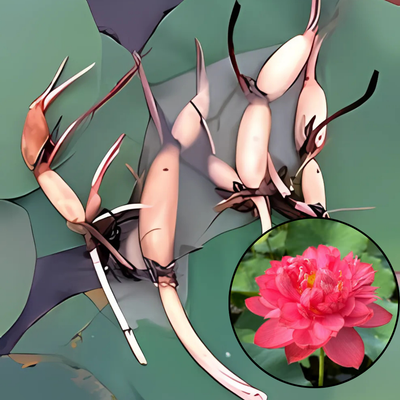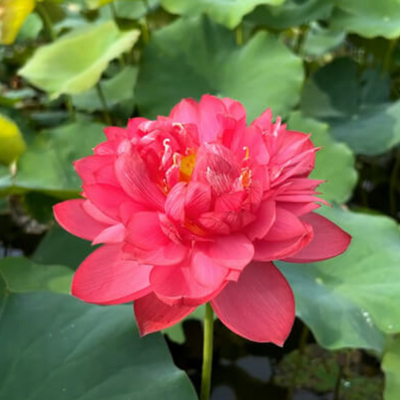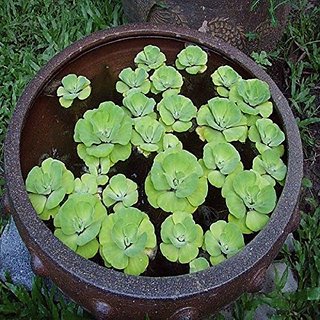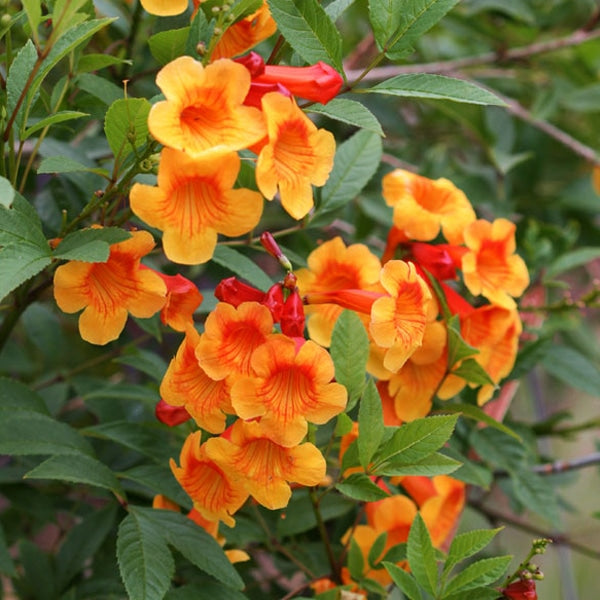
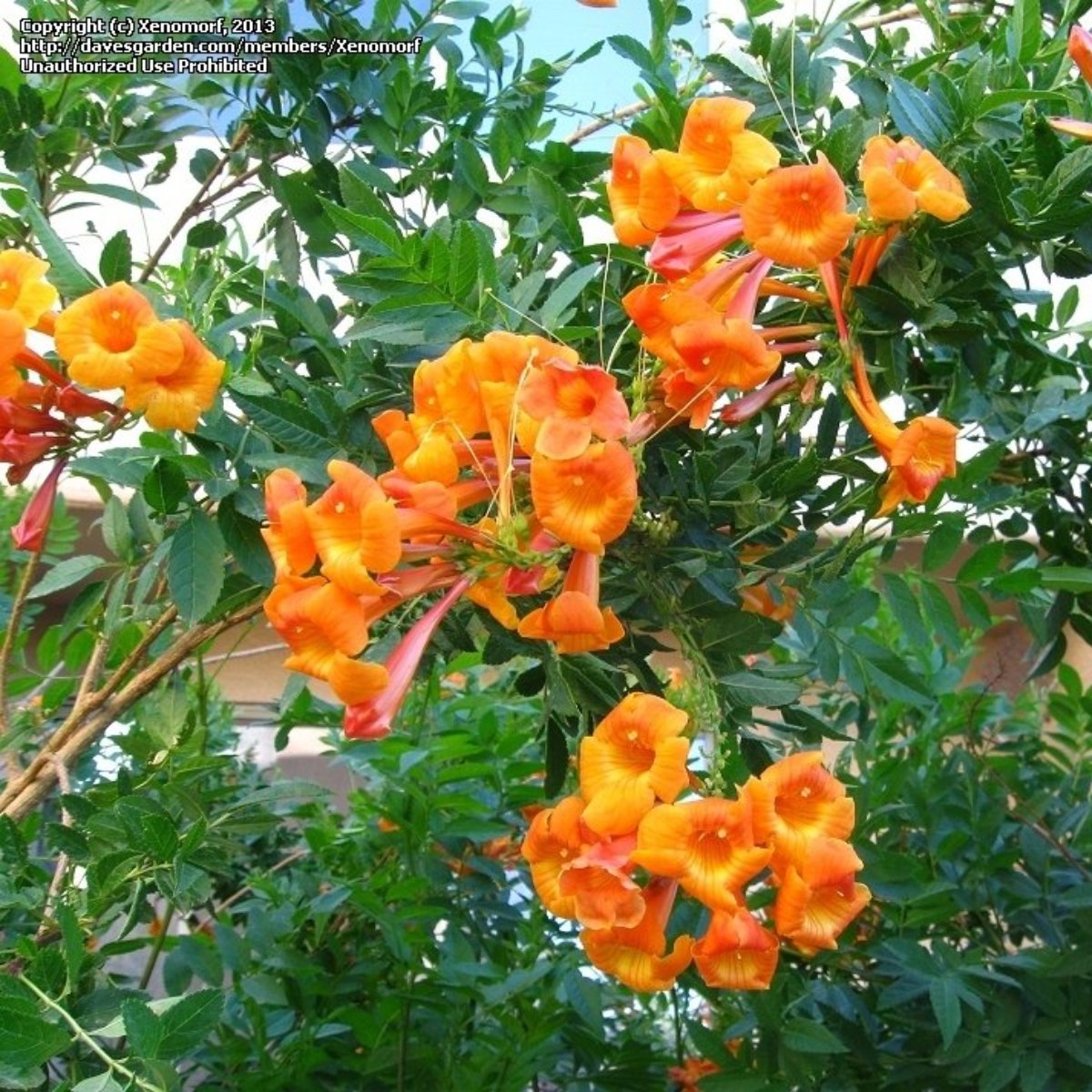
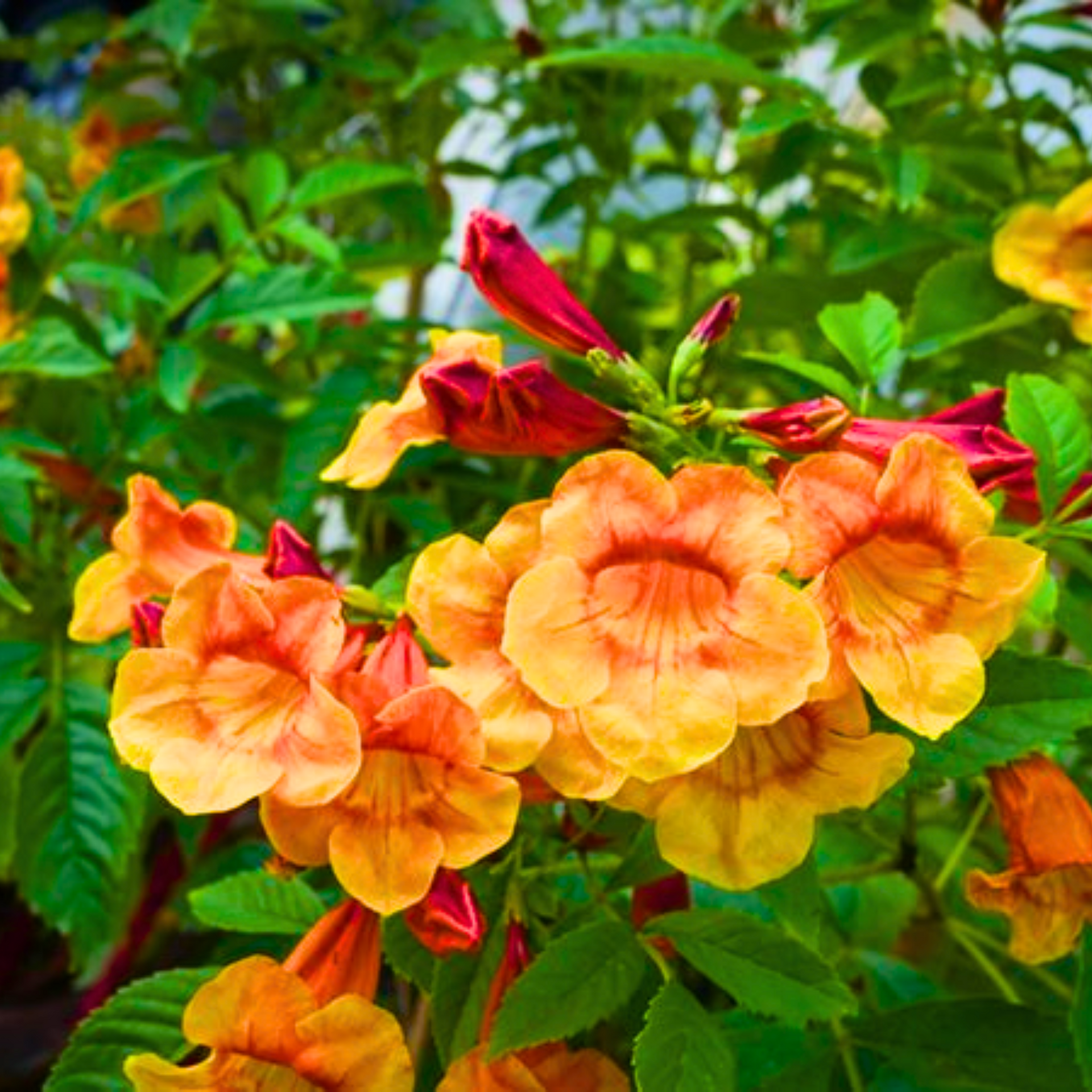
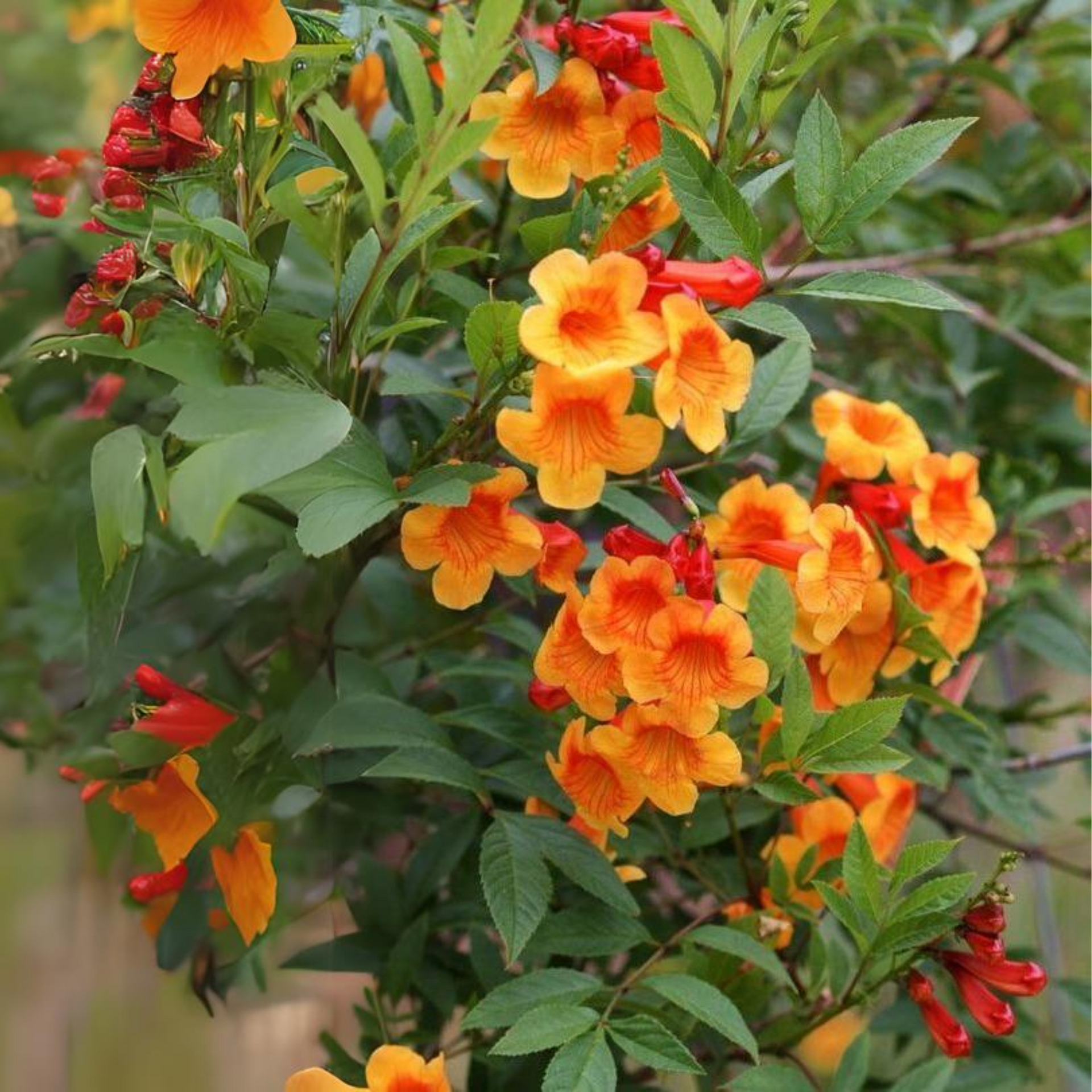
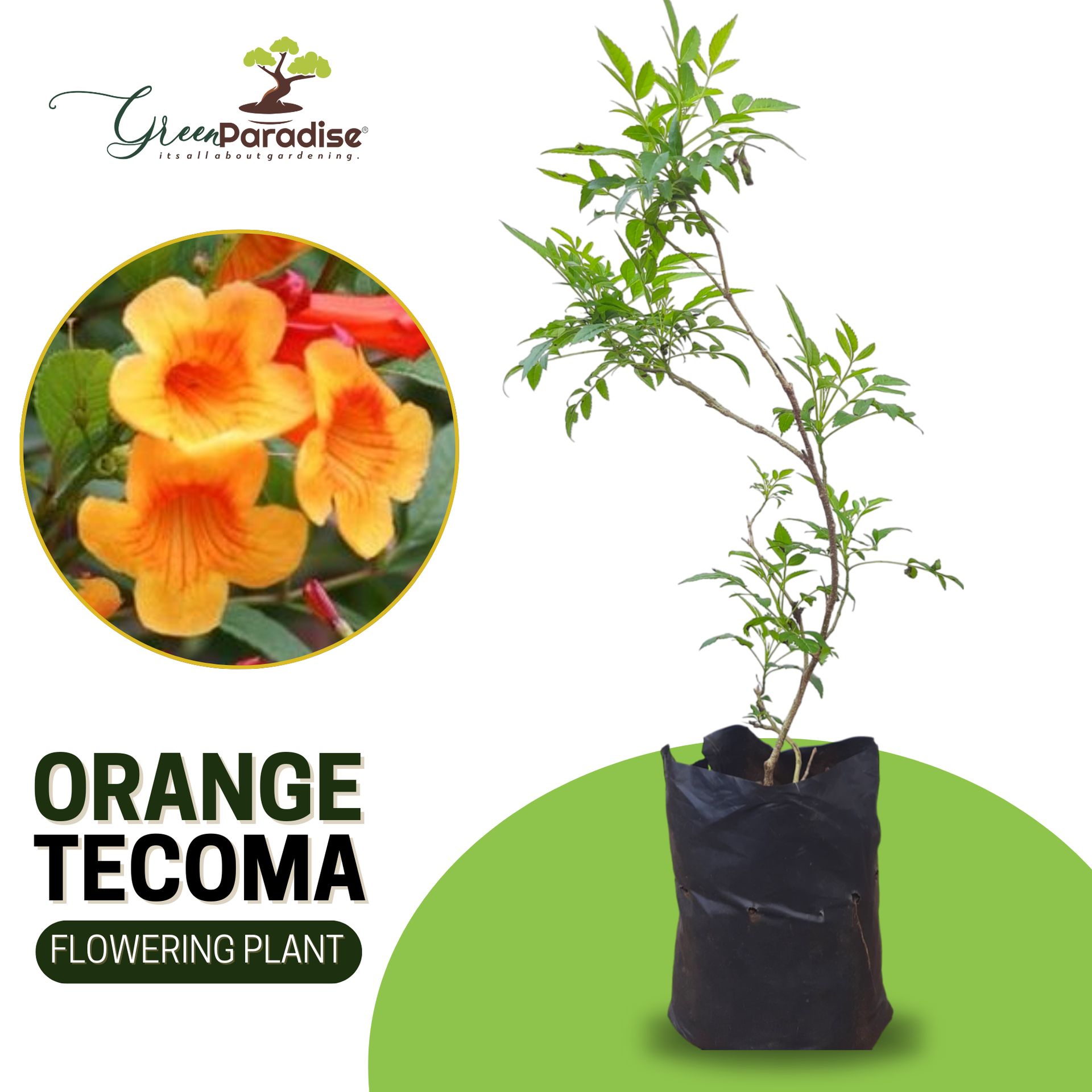
Unveiling the Beauty and Charm of the
Tecoma Dwarf Orange Plant
About Dwarf Orange Tecoma Plant
In the world of gardening and landscaping, few plants can match the vibrancy and allure of the Tecoma Dwarf Orange plant. With its compact size, stunning orange blossoms, and easy care requirements, this plant has earned a special place in the hearts of both seasoned gardeners and beginners. In this article, we will delve into the captivating features and cultivation essentials of the Tecoma Dwarf Orange plant.
A Glimpse of Elegance: Tecoma Dwarf Orange Plant
- The Tecoma Dwarf Orange, scientifically known as Tecoma x 'Orange Jubilee,' is a delightful perennial shrub native to the Southwestern United States and Northern Mexico.
- Renowned for its graceful appearance and flamboyant blossoms, this plant belongs to the Bignoniaceae family, which is famous for its trumpet-like flowers.
- Its compact size, reaching around 3 to 5 feet in height, makes it an excellent choice for both small gardens and container planting.
Floral Splendor: Blossoms of Radiance
- One of the most captivating features of the Tecoma Dwarf Orange plant is its blossoms.
- The vibrant orange trumpet-shaped flowers, often measuring around 3 inches in length, dangle gracefully from the plant's branches.
- These blossoms not only add a pop of color to any landscape but also attract pollinators such as bees and butterflies, contributing to the overall health of your garden ecosystem.
Caring for Tecoma Dwarf Orange
The appeal of the Tecoma Dwarf Orange plant isn't limited to its aesthetics; it's also incredibly easy to care for, making it an ideal choice for both beginners and experienced gardeners.
Location:
Choose a spot in your garden where the plant can receive ample sunlight. These plants thrive in full sun conditions, which ensures the best flower production.
Soil:
Well-draining soil is key to preventing root rot. A mix of garden soil and compost works well for the Tecoma Dwarf Orange plant.
Watering:
While these plants are somewhat drought-tolerant once established, regular watering is essential during their initial growth phase. Try to maintain a constant moisture level in the soil that is not wet.
Pruning:
Regular pruning helps maintain the plant's compact shape and encourages new growth. Prune after the flowering season to remove dead or overgrown branches.
Fertilization:
Feed your Tecoma Dwarf Orange plant with a balanced, slow-release fertilizer in the spring to support healthy growth and abundant flowering.
Landscape Versatility and Design
- The Tecoma Dwarf Orange plant's versatility shines through in its potential uses within your landscape design.
- Whether planted as a standalone ornamental shrub, incorporated into a mixed border, or potted to adorn your patio, its captivating presence adds a touch of elegance to any setting.
- Its relatively small size also makes it suitable for urban gardens or spaces with limited room.
How to Successfully Cultivate Dwarf Orange Tecoma
Plants
The allure of cultivating plants lies not only in their beauty but also in the sense of accomplishment that comes from nurturing them. The Dwarf Orange Tecoma plant, a delightful and vibrant addition to any garden, holds a special place in the hearts of gardening enthusiasts. This article is a comprehensive guide on how to grow and care for the enchanting Dwarf Orange Tecoma, ensuring its health and splendor in your garden.
Choosing the Right Location
- Selecting an appropriate location for your Dwarf Orange Tecoma is crucial for its growth and vitality.
- These plants thrive in full sunlight, so choose a spot that receives at least 6 to 8 hours of direct sunlight daily.
- Well-draining soil is essential to prevent waterlogging, as these plants do not tolerate soggy conditions.
- While they can tolerate slightly acidic to neutral soil, a pH range of 6.0 to 7.5 is optimal.
Planting
Timing:
Plant your Dwarf Orange Tecoma in the spring, after the last frost has passed. This gives the factory ample time to establish its roots before the heat of summer.
Digging the Hole:
Dig a hole that is twice the size of the plant's root ball. This redundant space allows the roots to spread comfortably.
Amending the Soil:
Mix compost or well-rotted manure into the soil before planting. This enriches the soil and provides essential nutrients to the young plant.
Planting Depth:
Place the plant in the hole at the same depth it was in its nursery container. Gently fill the hole with soil and stroke it down to remove air pockets.
Watering:
Water the plant thoroughly after planting to settle the soil around the roots.
Watering and Fertilization
Watering:
While Dwarf Orange Tecoma plants are drought-tolerant once established, regular watering is essential during the first growing season. Keep the soil consistently moist but not waterlogged.
Fertilization:
Feed your plant with a balanced, slow-release fertilizer in the spring, just as new growth begins. Follow the manufacturer's instructions for dosage.
Pruning
Pruning plays a pivotal role in the health and appearance of your Dwarf Orange Tecoma plant.
Deadheading:
Regularly remove faded flowers to encourage nonstop blooming.
Shaping:
Prune your plant in late winter or early spring to shape it and remove any dead or overgrown branches. This stimulates new growth and maintains the plant's compact form.
Pest and Disease Management
- Dwarf Orange Tecoma plants are generally resistant to pests and diseases.
- However, keeping an eye out for aphids, mealybugs, and fungal issues like powdery mildew is still recommended.
- Treat any infestations instantly with applicable germicides or pesticides.



